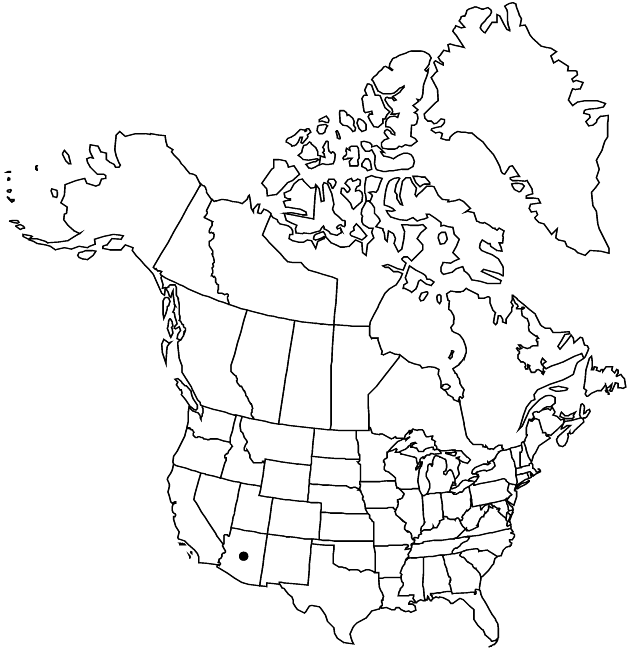Difference between revisions of "Erigeron piscaticus"
Phytologia 67: 304. 1989.
FNA>Volume Importer |
imported>Volume Importer |
||
| Line 8: | Line 8: | ||
}} | }} | ||
|common_names=Fish Creek fleabane | |common_names=Fish Creek fleabane | ||
| + | |special_status={{Treatment/ID/Special_status | ||
| + | |code=E | ||
| + | |label=Endemic | ||
| + | }}{{Treatment/ID/Special_status | ||
| + | |code=C | ||
| + | |label=Conservation concern | ||
| + | }} | ||
|basionyms= | |basionyms= | ||
|synonyms= | |synonyms= | ||
| Line 46: | Line 53: | ||
|publication title=Phytologia | |publication title=Phytologia | ||
|publication year=1989 | |publication year=1989 | ||
| − | |special status= | + | |special status=Endemic;Conservation concern |
| − | |source xml=https:// | + | |source xml=https://bibilujan@bitbucket.org/aafc-mbb/fna-data-curation.git/src/bb6b7e3a7de7d3b7888a1ad48c7fd8f5c722d8d6/coarse_grained_fna_xml/V19-20-21/V20_775.xml |
|tribe=Asteraceae tribe Astereae | |tribe=Asteraceae tribe Astereae | ||
|genus=Erigeron | |genus=Erigeron | ||
Revision as of 21:51, 27 May 2020
Annuals, 15–40 cm; taprooted. Stems (multiple) procumbent or ascending-decumbent, sparsely and evenly hirsute to hispido-pilose, minutely and densely stipitate-glandular. Leaves basal and cauline (proximal largest); blades obovate, 10–22 × 2–7 mm, slightly reduced distally, margins entire or rarely 1-toothed, faces sparsely pilose, minutely glandular. Heads 1–4 (per stem). Involucres 2.8–3.4 × 4–6 mm. Phyllaries in 2–3 series, hispido-pilose, minutely glandular. Ray florets 45–58; corollas 3–3.7 mm, laminae not coiling or reflexing, white, often drying blue. Disc corollas 1.5–1.8 mm (throats indurate and inflated). Cypselae 0.8–1 mm, 2-nerved, faces sparsely strigose to glabrate; pappi: outer of setae, inner of 8–11 bristles.
Phenology: Flowering May–Jul(–Oct) (perhaps both earlier and later after rain).
Habitat: Gravelly and sandy washes
Elevation: 700–1200 m
Discussion
Of conservation concern.
Selected References
None.
